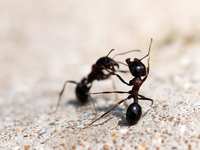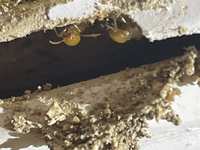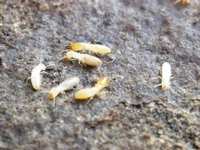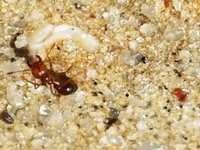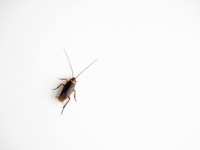- Categories :
- More
Active Stinging Insects
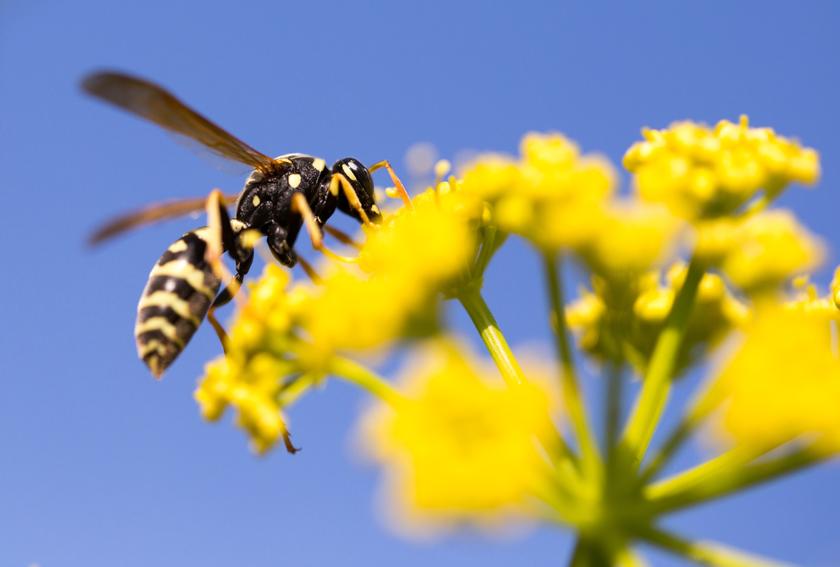
As summer approaches, the warm weather brings out a variety of active stinging insects. While these insects play important roles in our ecosystem, they can also pose risks to humans and pets. Understanding which stinging insects are active this June can help you take the necessary precautions to enjoy the outdoors safely.
Wasps
Paper Wasps: Recognizable by their thin bodies and long legs, paper wasps build open, umbrella-shaped nests. They are generally non-aggressive but will sting if they feel threatened.
Yellow Jackets: These wasps are more aggressive and can sting multiple times. They build nests in the ground or in wall cavities, making them a common nuisance around homes and gardens.
Hornets
Bald-Faced Hornets: These large, black-and-white hornets build football-shaped paper nests in trees and shrubs. They are highly defensive of their nests and can deliver painful stings.
European Hornets: Although larger than yellow jackets, European hornets are also aggressive and can sting multiple times. They tend to build nests in hollow trees, wall voids, and attics.
Bees
Honey Bees: Vital for pollination, honey bees are generally not aggressive unless their hive is disturbed. Their stings can be painful, and some individuals may have allergic reactions.
Bumblebees: These bees are larger and fuzzier than honey bees. They are generally non-aggressive but will sting if provoked or if their nest is threatened.
Fire Ants
These aggressive ants build large mounds and can deliver painful stings. Fire ants are particularly dangerous because they swarm and sting multiple times, injecting venom that can cause severe reactions.
Tips for Avoiding Active Stinging Insects
Avoid Disturbing Nests: Be aware of nests in trees, shrubs, and around your home. Avoid disturbing them, and call a professional if removal is necessary.
Wear Protective Clothing: When gardening or spending time outdoors, wear long sleeves, pants, and closed-toe shoes to reduce the risk of stings.
Keep Food and Drinks Covered: Stinging insects are attracted to sweet foods and beverages. Keep these items covered when eating outside.
Use Insect Repellent: Apply insect repellent to exposed skin and clothing to deter stinging insects.
Be Cautious with Fragrances: Avoid wearing strong perfumes or scented lotions, as these can attract stinging insects.
What to Do if You Get Stung
Remove the Stinger: If stung by a bee, remove the stinger as quickly as possible to reduce the amount of venom injected.
Clean the Area: Wash the sting site with soap and water to prevent infection.
Apply a Cold Pack: Use a cold pack to reduce swelling and pain.
Take Antihistamines: Over-the-counter antihistamines can help alleviate itching and swelling.
Seek Medical Attention: If you experience severe reactions such as difficulty breathing, swelling of the face or throat, or dizziness, seek immediate medical attention.
Being informed about active stinging insects active in our area will help you enjoy your time outdoors while staying safe. By taking a few precautions, you can reduce the risk of stings and ensure a pleasant summer for you and your family.
Stay safe and enjoy the summer!
For more tips on pest control and dealing with stinging insects, visit biotechpest.com or contact us 281-336-0500 for professional pest management services.




